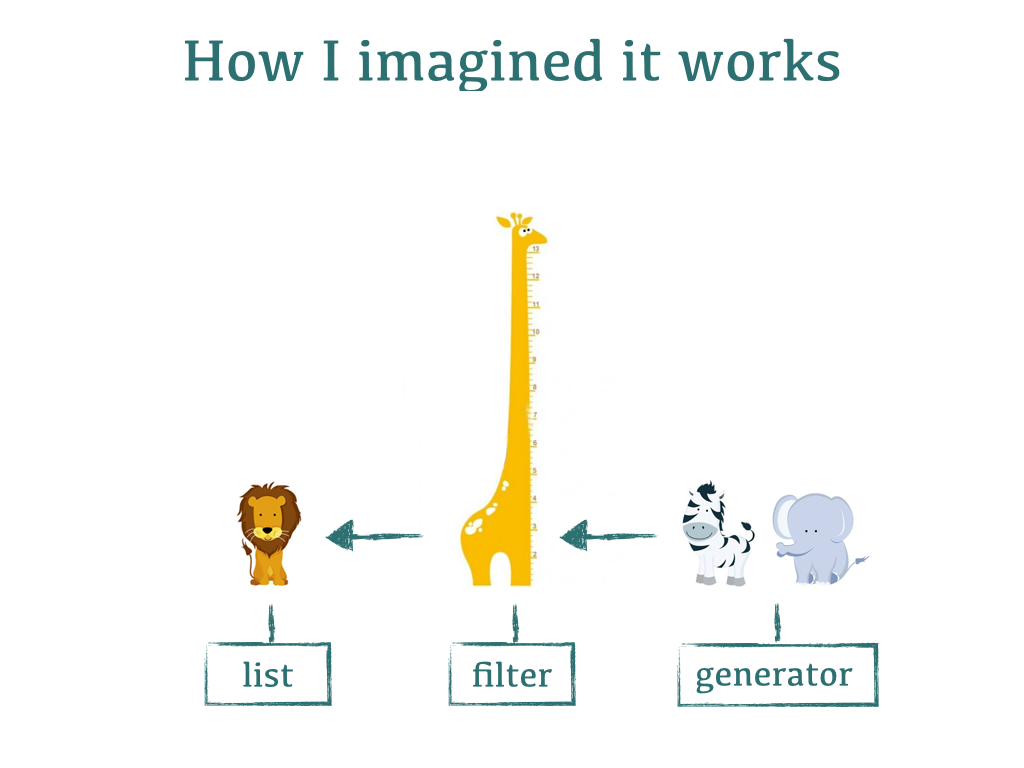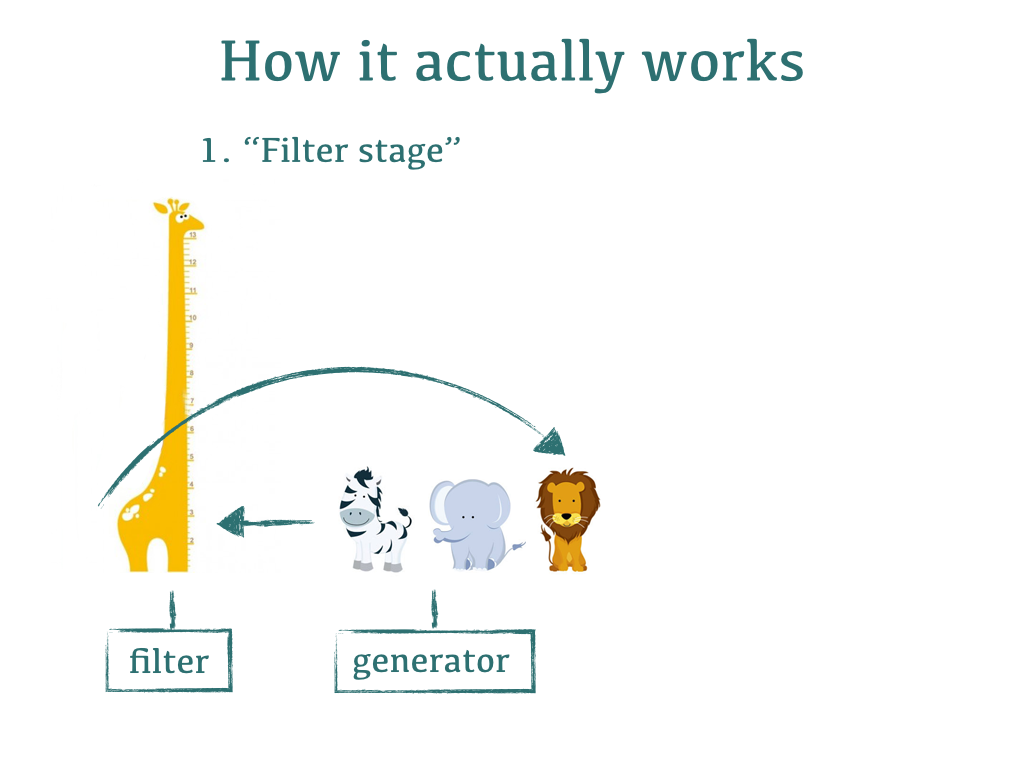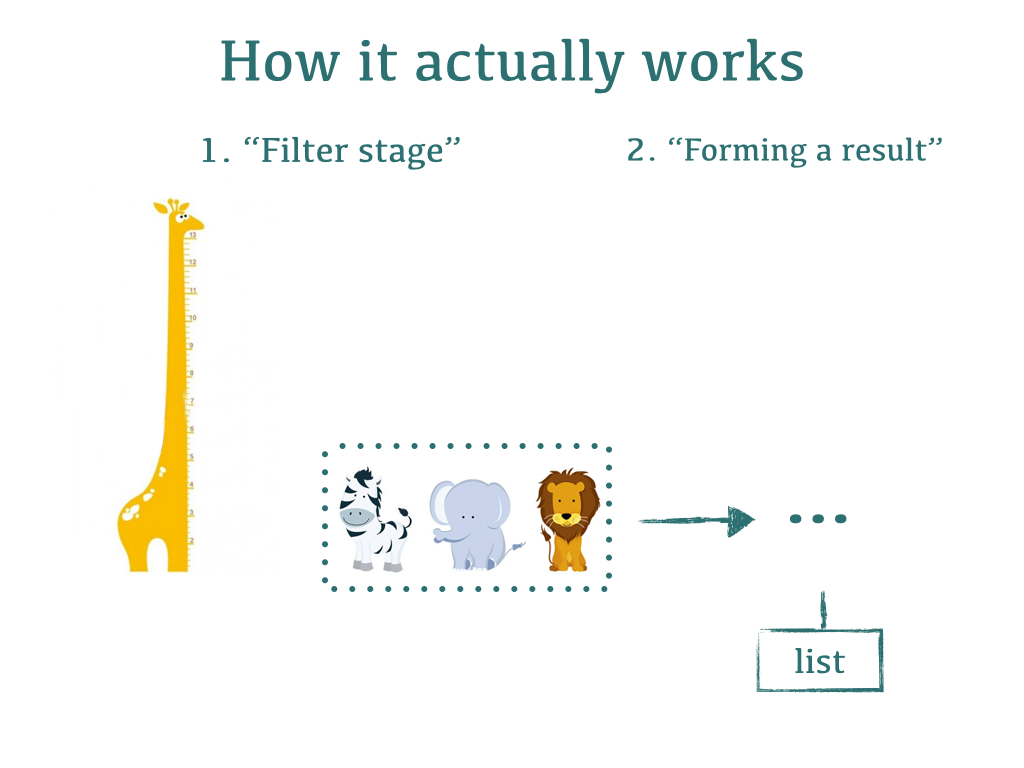From Ruby To Erlang. Beginner's mistakes
I’ve been programming full-time using Erlang for a while already (about eight months or so). Before Erlang, I was doing some hardcore Ruby. Obviously, these are very different languages: OOP vs functional, mutable vs immutable and so on. Also, there are things you won’t find in Ruby (the opposite is also true).
In this post I want to show you the mistakes that I’ve made and the lessons that I’ve learned during the transition.
1. List Comprehensions
There is no such thing as List Comprehension in Ruby (but you could write something similar), so when I was using it in Erlang, I didn’t fully understand how it works. Let me show you.
[X || X <- [1,2,3,4,5,6], X > 3].
=> [4,5,6]
There are 3 main components here:
X <- [1,2,3,4,5,6]- generator - usually some set of elements;X > 3- filter - conditions, that we impose on these elements;X- list - expression, which gives us the resulting element.

I thought that, the way it works is “one by one”:
- element is taken from generator;
- if it passes all the filters, the expression on the left gets executed; otherwise, goto (1).
As it turned out, I was wrong. I’ve noticed it, when I wrote a for loop using list comprehension, and, later on, one of the filters fell.
[save(Rec, Db) || Rec <- Records, is_dirty(Rec), can_be_saved(Rec)]
this is not the production code
What do you think will happen if can_be_saved throw an error for the
third record? Correct answer: non of the records will be saved.


The way it works is “one by one || one by one”: firstly, Erlang generates and filters initial list. After that, it executes expression on the left side for each item resulting in a new list.
Lesson #1. List Comprehension should not be used when you need a for loop. Instead, use recursion.
save_records([], _) -> ok;
save_records([Rec|Rest], Db) ->
try
case is_dirty(Rec) of
false -> throw({filtered, io_lib:format("~p not dirty", [Rec])});
true -> ok
end,
case can_be_saved(Rec) of
false -> throw({filtered, io_lib:format("~p cannot be saved", [Rec])});
true -> ok
end
of _ ->
save(Rec, Db)
catch
throw:{filtered, Reason} -> lager:debug(Reason)
end,
save_records(Rest, Db).
This way, if can_be_saved does throw an error, at least some of the records
will be saved.
2. Lager
lager is a logging framework for Erlang and it has become a de facto standard for Erlang applications.
Usually, when you look through log files in Ruby (e.g. puma.log), you can say “we started processing at XXX and finished at YYY” and it will be more or less accurate.
I, [2015-04-31T03:04:20.613116 #28143] INFO -- : Started
...
I, [2015-04-31T03:04:21.345985 #28143] INFO -- : Finished
So the first thing I did, when I needed to find a bottleneck in one part of our system, was looking at log timings. Wrong move!
2015-05-25 16:50:42.229 [info] Started
2015-05-25 16:50:42.235 [info] Finished
6ms - wow!
It is like an old shabby van with free candies. You have a feeling that something is not right.
And when I had used timer:tc (analog in Ruby - Benchmark), these timings
proved to be “wrong”. And that’s because in Erlang, logger (as most things) is
a separate process with its own mailbox. What you see are the times of when
it received the messages. In contrast, things are usually happening in the
same thread in Ruby (that is why timings are usually more accurate).

Lesson #2. Do not rely on lager timings, because it is a separate gen_server (i.e. you don’t know when it will process your messages).
3. High-loaded gen_server
This is more like a word of advice. When you have a gen_server, which is
supposed to process, say, 1000 events per second, you can’t make any
synchronous blocking calls (e.g. to Redis) or set any locks, because soon
enough the process mailbox will be full of messages and things will become
ugly.
What you should do instead, is to spawn a process per unit (an order or something like that) or use a worker pool (1,2,3). I personally recommend to watch this talk by Anthony Molinaro at Erlang Factory SF 2015, where he compares a few different options we have at the moment.
If you also had some troubles during transition to another language, let me know. I personally laugh at such moments and don’t take them too seriously, because, you know, it just happens sometimes. The important is to learn by these mistakes.